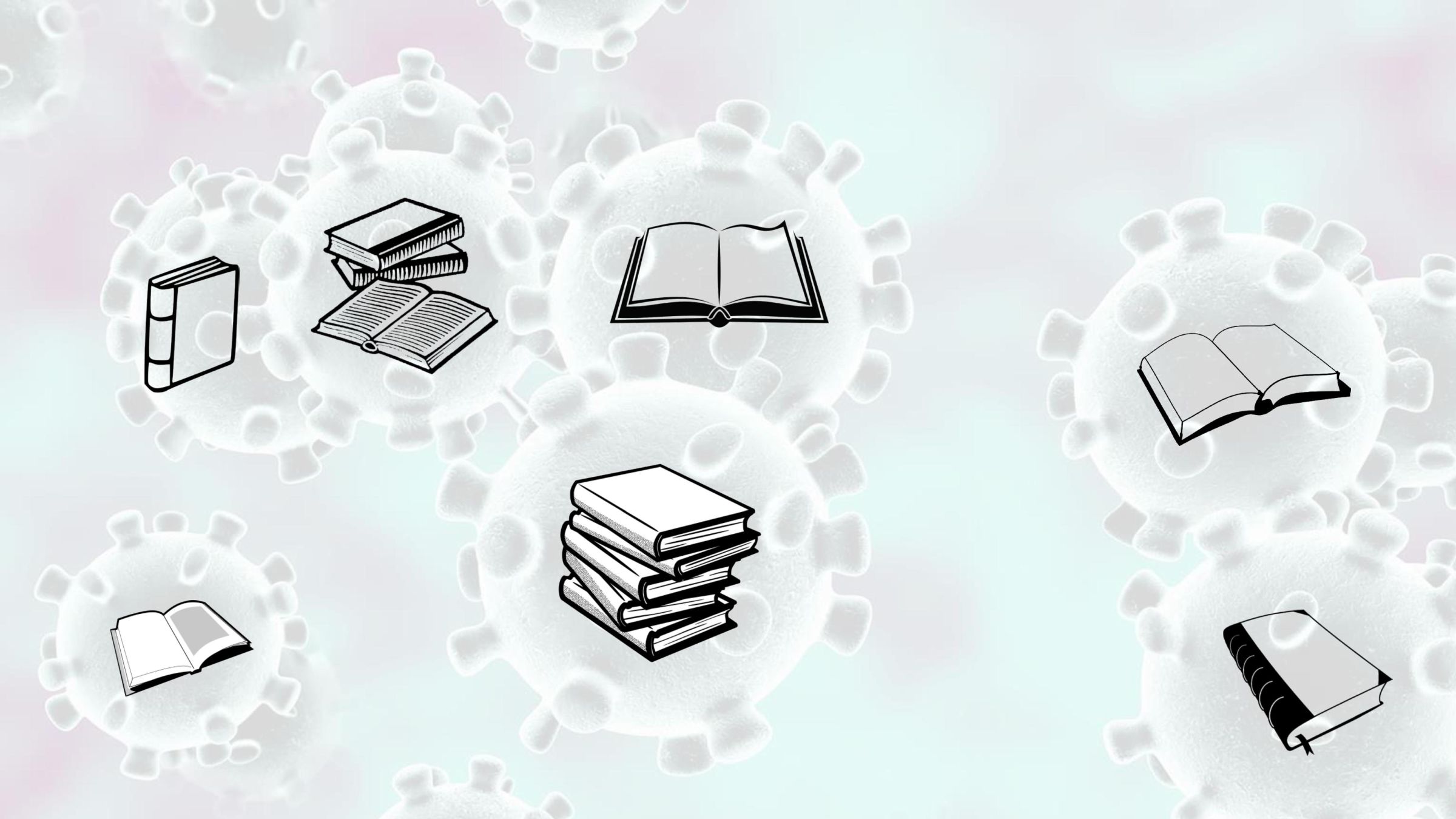
The professors of Catholic University’s Department of History recently traded thoughts about reading choices during the current unsettled circumstances. Some of their recommendations directly relate to humans and disease, some are about dystopias generally, and some just seem like good books to read at times like this.
The apparent consensus choice is Boccaccio’s Decameron (recommended: the translation by G.H. McWilliam, Penguin 2nd ed. 1995), as Professor Katherine Jansen notes, “written during the plague years in Florence when everyone was trying to wait out the pandemic and keep themselves entertained and calm. One story a day (for 100 days) is just what the doctor ordered. You will be amazed at how well it reads, even now. And many of the tales are just plain hilarious.”
Professor and Department Chair Michael Kimmage comments “It seems to me a good moment to read Josephus (which I’ve never done). It’s always a good moment to read Gibbon.” Professor Jennifer Paxton agrees on Gibbon, and adds Thucydides.
Professor Caroline Sherman says “This is an unconventional choice, but the book I keep thinking about right now is Alan Kreider’s The Patient Ferment of the Early Church. It has a section on the response of early Christians to plague starting on page 62, but the whole book is a beautiful re-imagining of early Christians’ focus on the virtues of patience and hope.”
Professor L.R. Poos recommends Carlo Cipolla’s Faith, Reason, and the Plague in Seventeenth Century Tuscany: “astonishingly apropos for 2020’s experience of the coronavirus, with public health officials implementing an early-modern equivalent of social distancing, popular defiance in the face of orders to quarantine, and discussions among Christians about how their faith should guide their response to epidemics.” For his own bedtime reading he is in the middle of Hilary Mantel’s The Mirror and the Light, the final installment of her Wolf Hall books, which happens to overlap with some of the focus of a book he’s just finished.
Professor Laura Mayhall notes that Emily St. John Mandel’s Station Eleven, which is about the effects of a global pandemic twenty years on, “is a wonderful read. Despite its topic, it is surprisingly hopeful.”
Professor Julia Young suggests Gary Shteyngart’s Super Sad True Love Story, “where characters bumble through a sort of techno-dystopia in which everyone texts each other while the world ends. But maybe it's a bit too realistic for now.”
Professor Lev Weitz says “I think I’m staying away from dystopian futures and pandemics whenever I’m not reading the news. I’m looking forward to reading The Age of Football: Soccer and the 21st Century by David Goldblatt, who’s written a lot of historical-sociological but popular works on soccer and how its development has intersected with industrialization, nationalism, neoliberal economics, and other major trends of the modern world.”
Professor Árpád von Klimó says “I am reading Moby Dick, since I have never done so! I know it could be read as a dystopia. Who is the Captain Ahab of our time? But, hey, one person survives! More important, MUSIC! ‘Love is in the air’ (everywhere I look around) - great disco hit!”
Professor Jennifer Davis been reading Richard Power’s The Overstory, “about humans interacting with, and coming to understand the necessity of protecting, trees. I am enjoying not only its inventiveness, but also the reminder of the long-term time scale of the natural world. It feels somehow comforting these days.”
